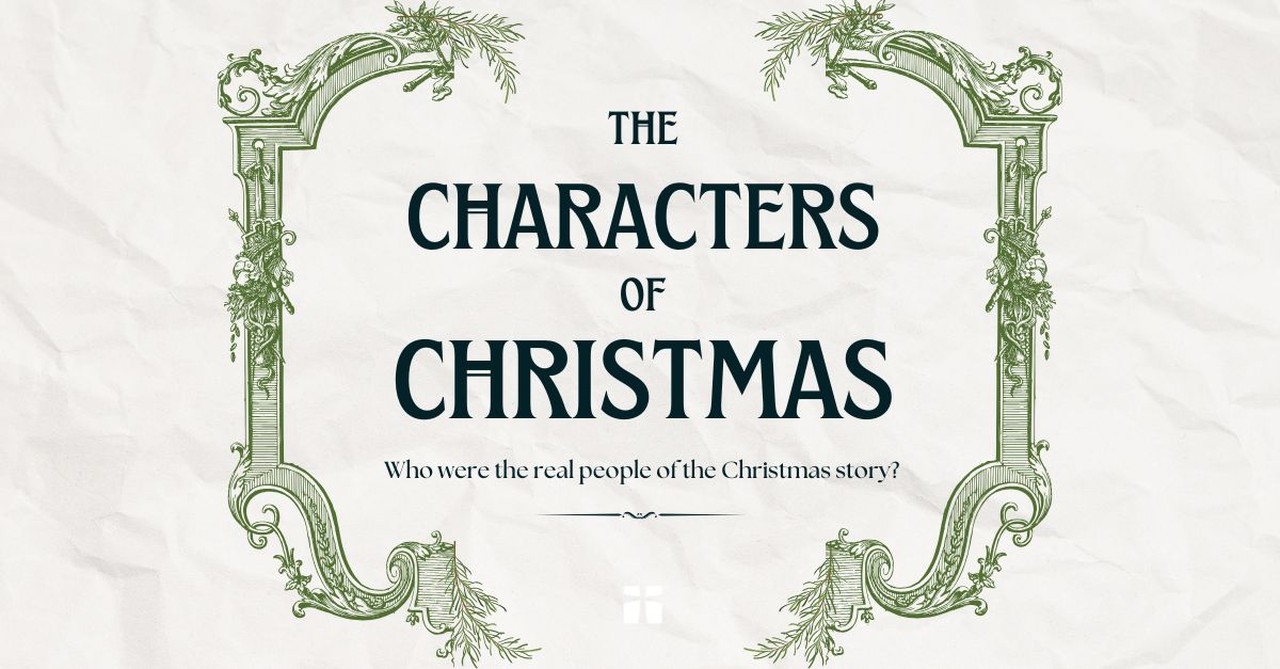Exodus 23:5-15
5 If you see that the donkey of someone who hates you has collapsed under its load, do not walk by. Instead, stop and help. 6 "In a lawsuit, you must not deny justice to the poor. 7 "Be sure never to charge anyone falsely with evil. Never sentence an innocent or blameless person to death, for I never declare a guilty person to be innocent. 8 "Take no bribes, for a bribe makes you ignore something that you clearly see. A bribe makes even a righteous person twist the truth. 9 "You must not oppress foreigners. You know what it's like to be a foreigner, for you yourselves were once foreigners in the land of Egypt.
10 "Plant and harvest your crops for six years, 11 but let the land be renewed and lie uncultivated during the seventh year. Then let the poor among you harvest whatever grows on its own. Leave the rest for wild animals to eat. The same applies to your vineyards and olive groves. 12 "You have six days each week for your ordinary work, but on the seventh day you must stop working. This gives your ox and your donkey a chance to rest. It also allows your slaves and the foreigners living among you to be refreshed. 13 "Pay close attention to all my instructions. You must not call on the name of any other gods. Do not even speak their names.
The Three Appointed Feasts
14 "Each year you must celebrate three festivals in my honor. 15 First, celebrate the Festival of Unleavened Bread. For seven days the bread you eat must be made without yeast, just as I commanded you. Celebrate this festival annually at the appointed time in early spring, in the month of Abib, for that is the anniversary of your departure from Egypt. No one may appear before me without an offering.



.jpg)
Matthew Henry's Commentary on Exodus 23:5-15
Commentary on Exodus 23:1-9
(Read Exodus 23:1-9)
In the law of Moses are very plain marks of sound moral feeling, and of true political wisdom. Every thing in it is suited to the desired and avowed object, the worship of one only God, and the separation of Israel from the pagan world. Neither parties, friends, witnesses, nor common opinions, must move us to lessen great faults, to aggravate small ones, excuse offenders, accuse the innocent, or misrepresent any thing.
Commentary on Exodus 23:10-19
(Read Exodus 23:10-19)
Every seventh year the land was to rest. They must not plough or sow it; what the earth produced of itself, should be eaten, and not laid up. This law seems to have been intended to teach dependence on Providence, and God's faithfulness in sending the larger increase while they kept his appointments. It was also typical of the heavenly rest, when all earthly labours, cares, and interests shall cease for ever. All respect to the gods of the heathen is strictly forbidden. Since idolatry was a sin to which the Israelites leaned, they must blot out the remembrance of the gods of the heathen. Solemn religious attendance on God, in the place which he should choose, is strictly required. They must come together before the Lord. What a good Master do we serve, who has made it our duty to rejoice before him! Let us devote with pleasure to the service of God that portion of our time which he requires, and count his sabbaths and ordinances to be a feast unto our souls. They were not to come empty-handed; so now, we must not come to worship God empty-hearted; our souls must be filled with holy desires toward him, and dedications of ourselves to him; for with such sacrifices God is well pleased.